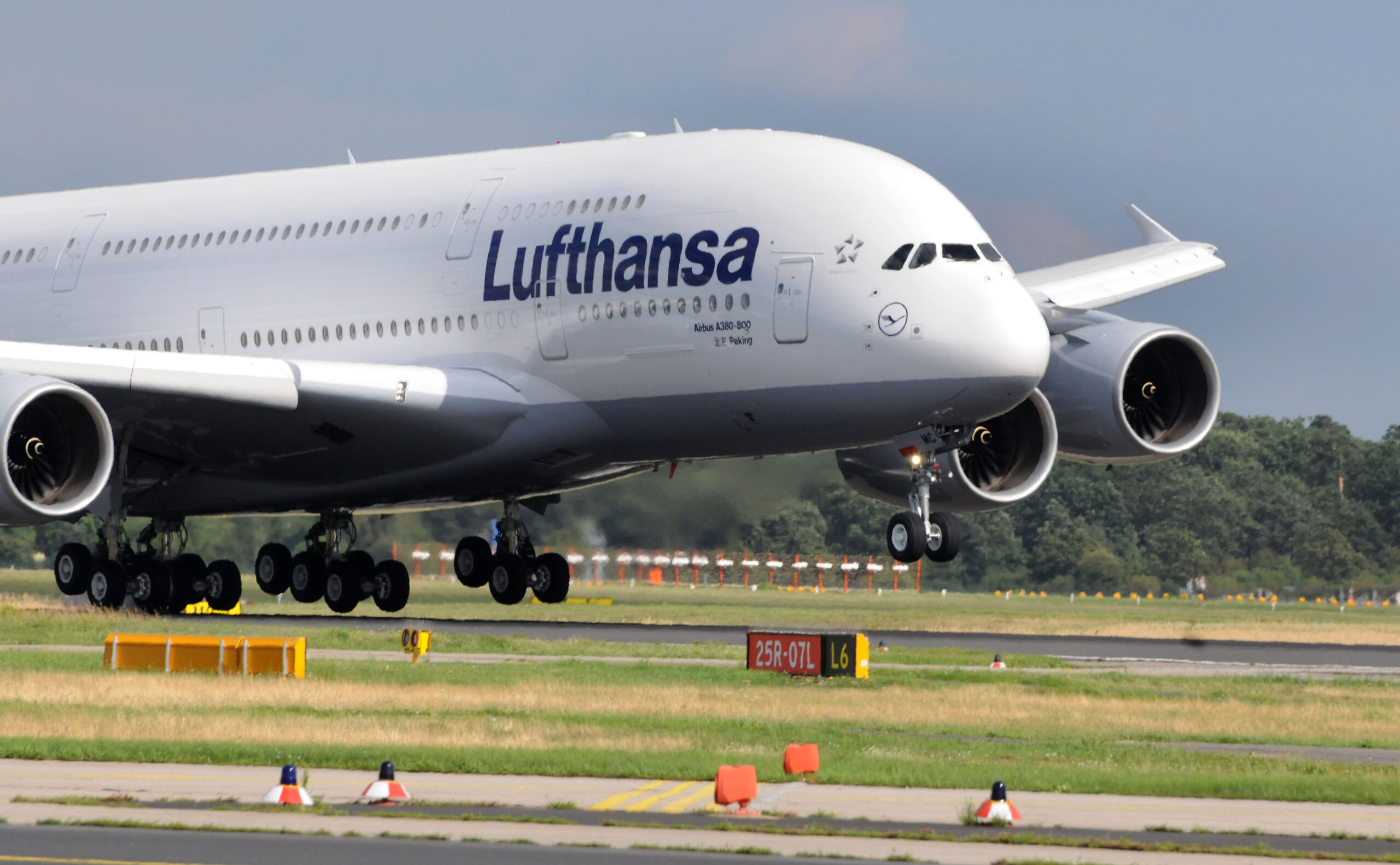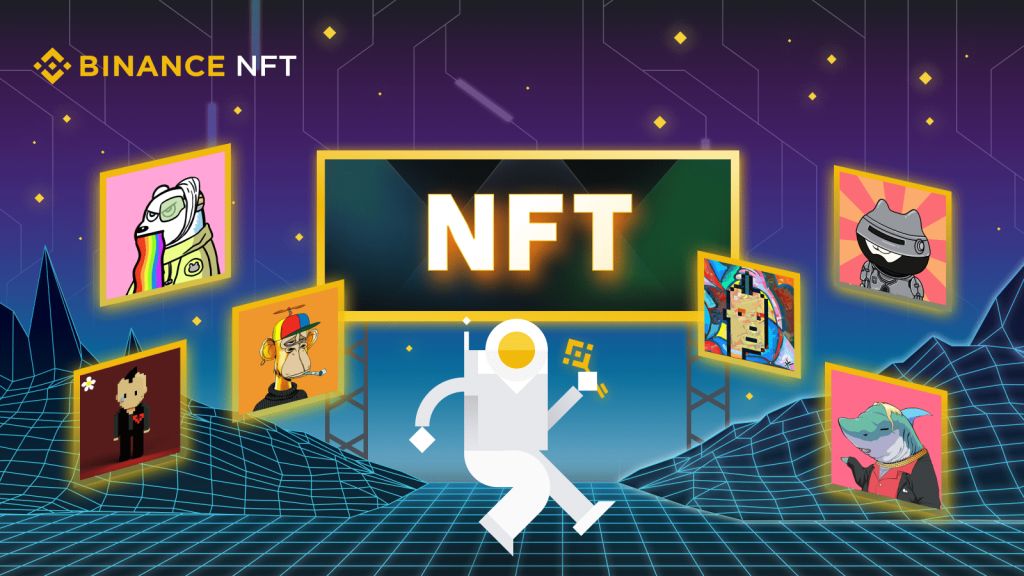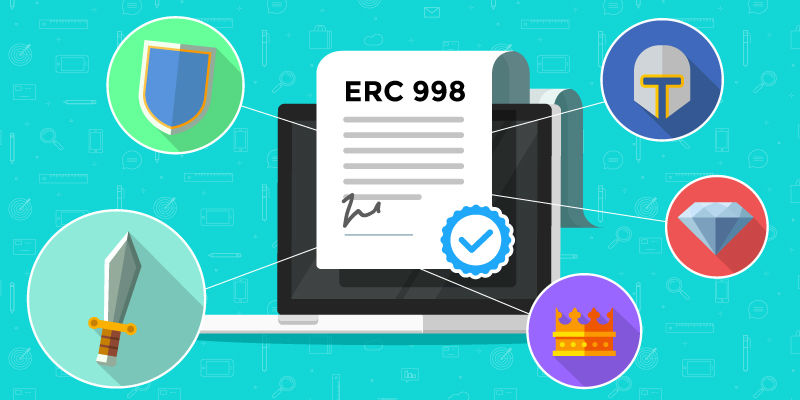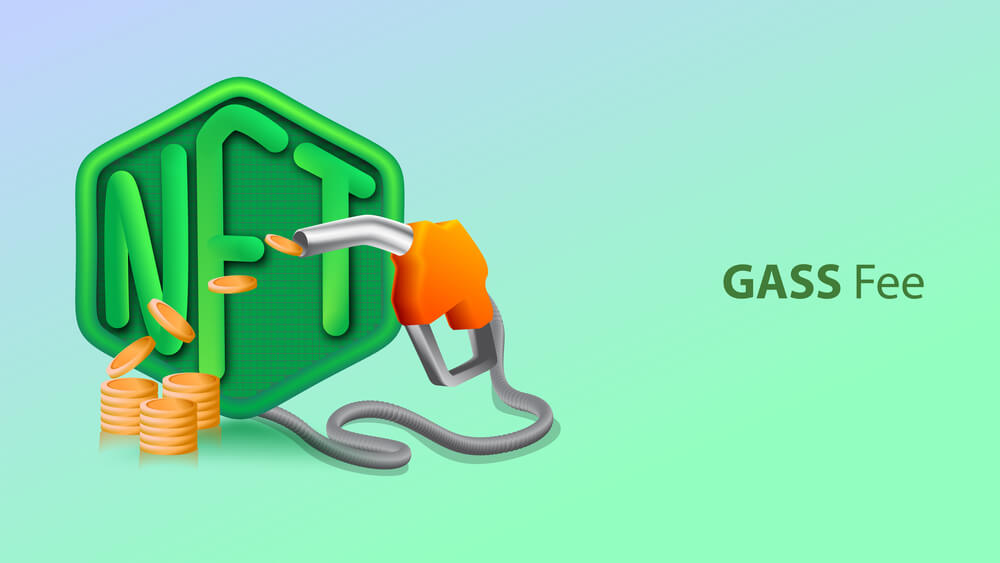In another notable move to active customer engagement with blockchain technology, the Lufthansa Group, the parent company of one of the biggest airlines in the world, has confirmed the launch of an NFT-based loyalty program known as Uptrip.
The program, nonetheless, is not limited to Lufthansa only, its subsidiaries such as Swiss International Air Lines and Austrian Airlines, are set to become active participants. How does the program work and how will it enhance airline loyalty schemes and give passengers distinct rewards?
How Uptrip Alters The Loyalty Game
Created by the Lufthansa Innovation Group umbrella, the Uptrip program is powered by the Polygon blockchain network. This network also hosts other major brands such as Starbucks. The main idea is simple and highly engaging: As you travel with any of these participating airlines, you get to collect digital trading cards.
In its initial testing phase, this program attracted over 20,000 participants who acquired at least 200,000 of these digital trading cards. Every card is designed around particular themes, including locations visited, aircraft used by the airlines, and even specific holidays.
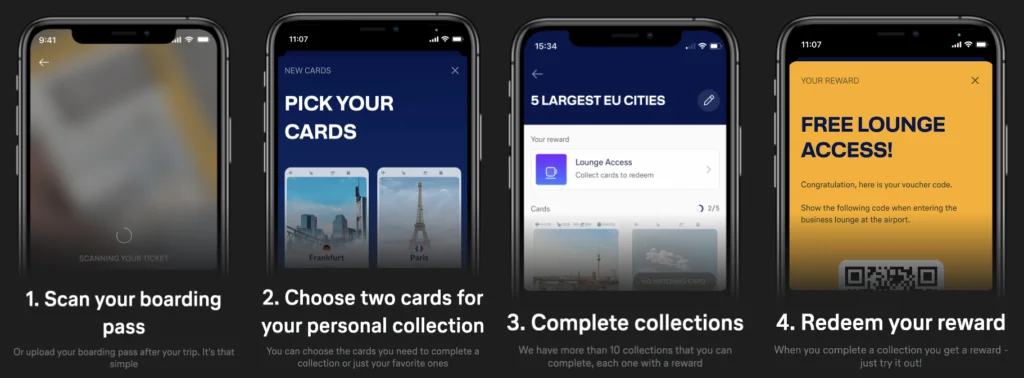
Collecting all the cards under a specific theme lets users unlock a variety of exclusive benefits. These perks range from access to luxurious airport lounges to in-flight Wi-Fi. Uptrip also wants to introduce a trading functionality that lets users exchange cards to complete their themed NFT collections.
Furthermore, users can redeem airline miles and enjoy other benefits as part of the program. Lufthansa carried over 101.8 million passengers in 2022 and already has an active loyalty program, Miles and More, with nearly 36 million members.
The Bigger Picture: NFTs In The Airline Sector
The NFT-based strategy appears to be gaining traction in the airline sector. For instance, in July, Etihad Airways, the national carrier of the United Arab Emirates (UAE), stepped into the non-fungible token space by introducing its Mission Impossible Livery tokens. It is evident that airlines are not just looking at non-fungible tokens as collectibles but are exploring ways they can boost the general customer experience and engagement.
Flybondi, an Argentinian budget airline integrated Web3 technology into its ticketing services in March. Partnering with NFT ticketing firm TravelX, they unveiled a new platform known as Ticket 3.0, designed to reshape how passengers interact with air travel by offering e-tickets as NFTs.
As the sector continues navigating these challenges and opportunities that are presented by blockchain and non-fungible token technology, Lufthansa and its partners strive to develop immersive and rewarding travel experiences. The initiatives define the next period of customer engagement and brand loyalty in the airline industry.

